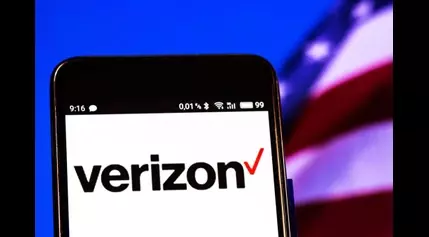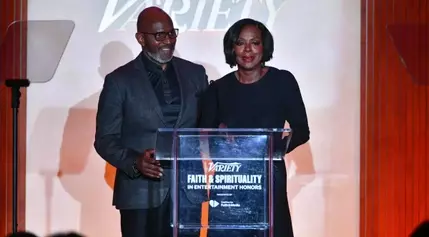
Verizon's Defiant Stance Against the Music Industry's Copyright Crusade
In a bold move, Verizon has fired back at a lawsuit filed by the major record labels, refusing to succumb to the industry's well-worn tactics of pursuing internet service providers for the alleged "staggering" piracy on their networks. The telecom giant argues that the music companies cannot simply trot out the same playbook that has yielded them lucrative judgments against other ISPs, asserting that such an approach is legally flawed and must be rejected by the influential federal court district in Manhattan.Verizon Stands Firm Against the Music Industry's Longstanding Litigation Strategy
Challenging the Premise of ISP Liability for User Misconduct
Verizon's response to the lawsuit filed by Universal Music Group, Warner Music Group, and Sony Music Entertainment is a direct challenge to the underlying premise of the music industry's legal strategy. The telecom company asserts that internet service providers cannot be held liable for the "sins of their users" when it comes to illegal music sharing. Verizon's attorneys argue that the "legally deficient" nature of the lawsuit is clear, as ISPs are not typically the ones to blame when individuals engage in online misconduct.Rejecting Precedents Set by Previous "Lucrative" Lawsuits
The music industry has a long history of filing similar cases against various internet service providers, often securing substantial judgments in their favor. However, Verizon contends that these "lucrative" cases have been incorrectly decided by other federal courts and must be rejected in the current battle. The telecom giant believes that the precedents set by these previous rulings are flawed and lack persuasive power, particularly in light of the Supreme Court's recent decision regarding the liability of social media platforms for aiding and abetting terrorist activities.Highlighting the Distinction Between Passive Inaction and Culpable Action
Verizon's defense hinges on the argument that proving an ISP's liability for secondary copyright infringement requires evidence of "culpable action, not passive inaction." The company asserts that while other federal judges may have been persuaded that a failure to shut off internet service constitutes such "active" conduct, this interpretation is misguided and does not reflect the true nature of an ISP's role. Verizon maintains that it merely provided general internet access, which some individuals subsequently abused to engage in illegal music sharing, but the company itself did not encourage or actively facilitate such piracy.Invoking the Supreme Court's Landmark Ruling on Social Media Platforms
In a strategic move, Verizon has pointed to the recent Supreme Court decision in which the justices ruled that social media platforms, such as Facebook, Twitter, and Google, cannot be sued for aiding and abetting ISIS simply because the terrorist group had posted content on their platforms. Verizon argues that the legal reasoning behind this ruling directly conflicts with the approach taken in the copyright cases against ISPs, and as the first district court to consider the issue after the Supreme Court's decision, it has the opportunity to reject the premise that has underpinned these previous lawsuits.Verizon's Unwavering Stance: Dismissing the "Same Playbook"
Verizon's response to the lawsuit filed by the music industry is a firm and unyielding stance. The telecom giant accuses the record labels of choosing to file this lawsuit because the "same playbook has worked against others," but it insists that the decisions blessing those previous lawsuits were wrong then and are even less persuasive now. Verizon is determined to break the cycle and prevent the music industry from simply trotting out the same legal strategy that has yielded substantial judgments in the past, arguing that this approach is fundamentally flawed and must be rejected by the influential federal court in Manhattan.New

Entertainment

Entertainment

Entertainment

Entertainment

Entertainment

Entertainment

Entertainment

Entertainment

Entertainment

Entertainment






































